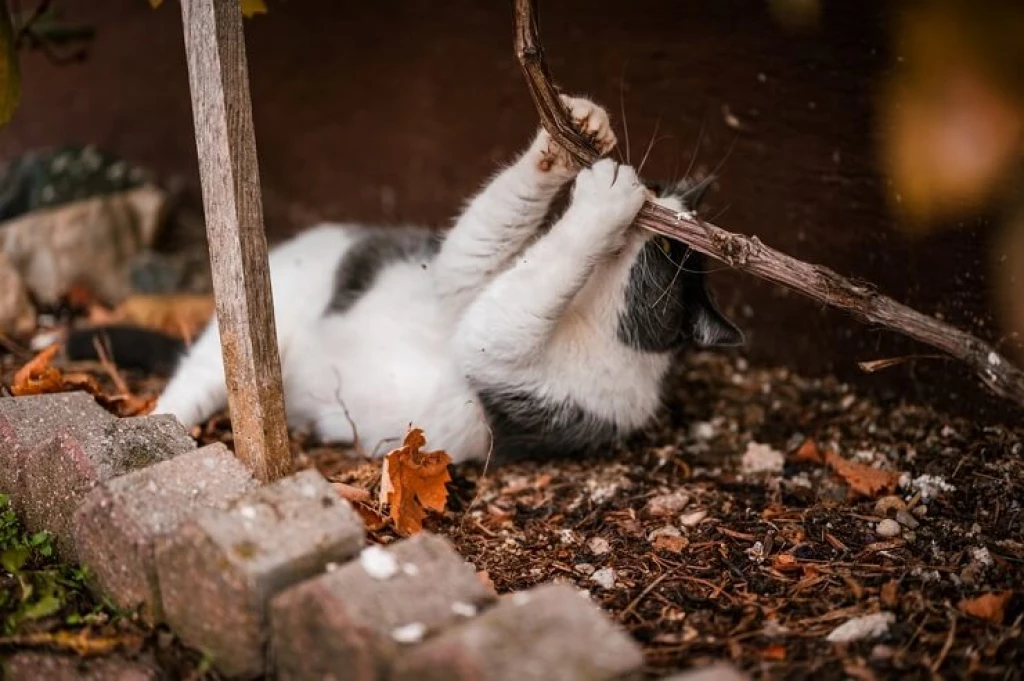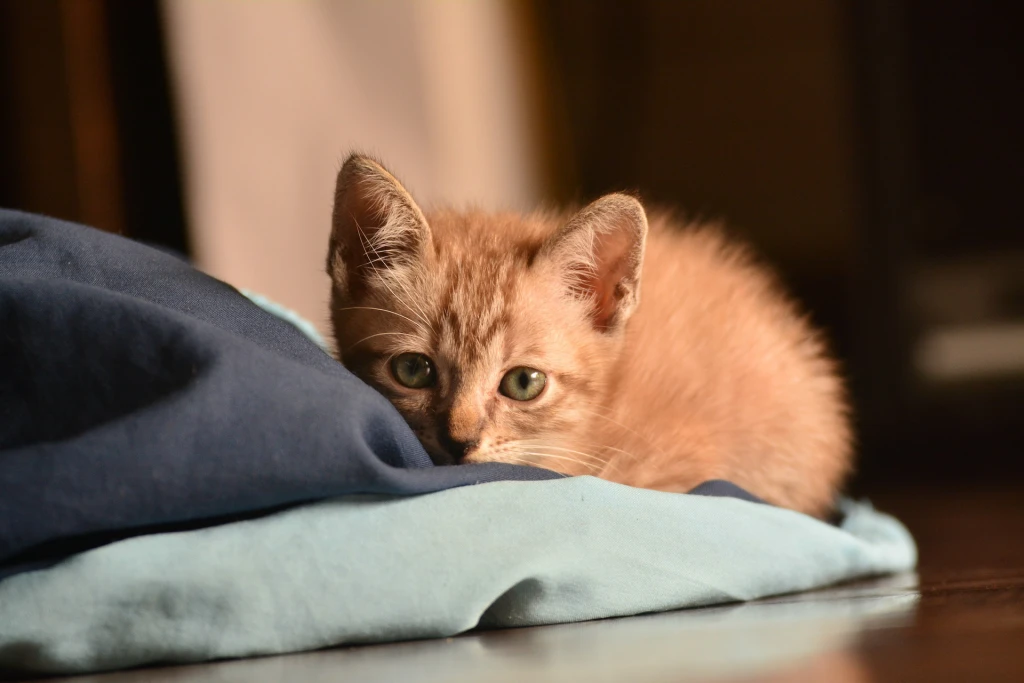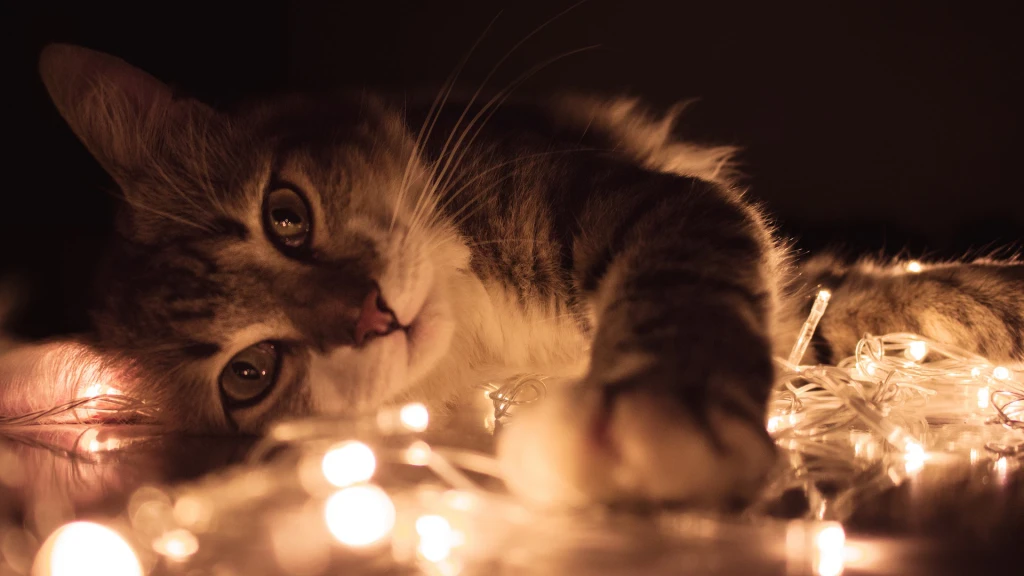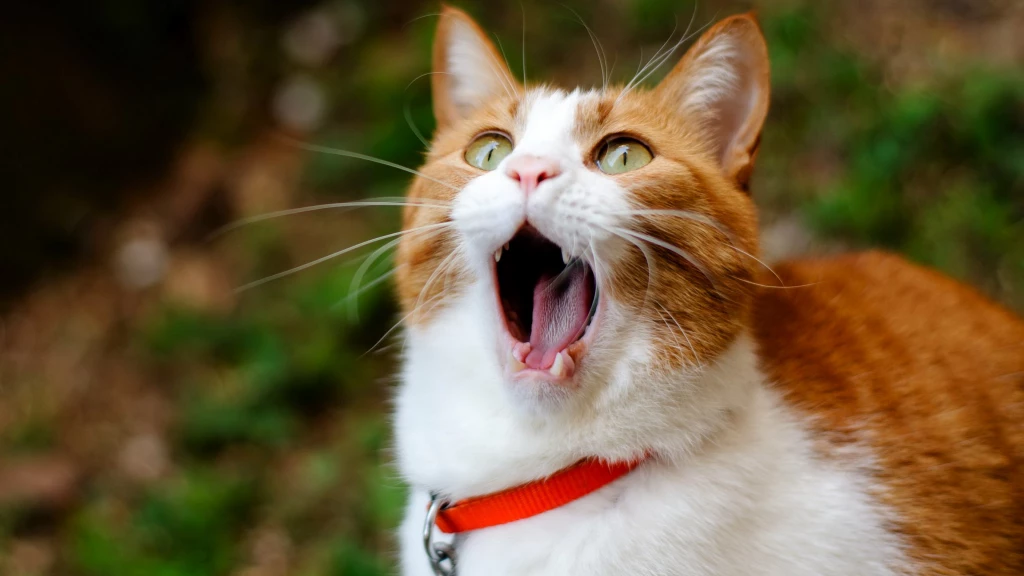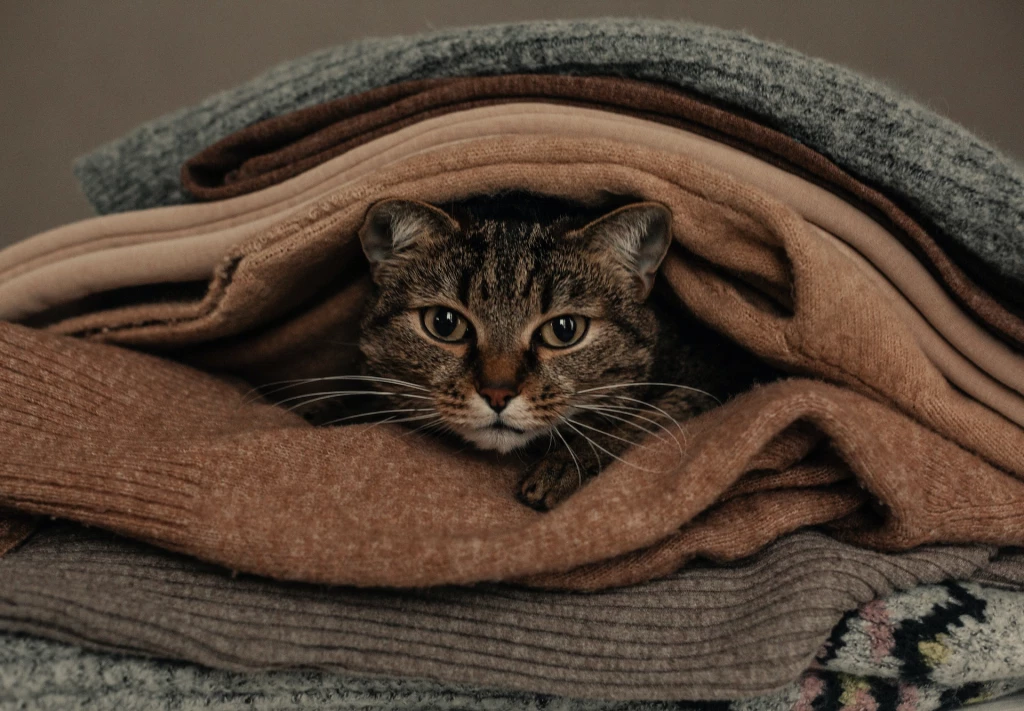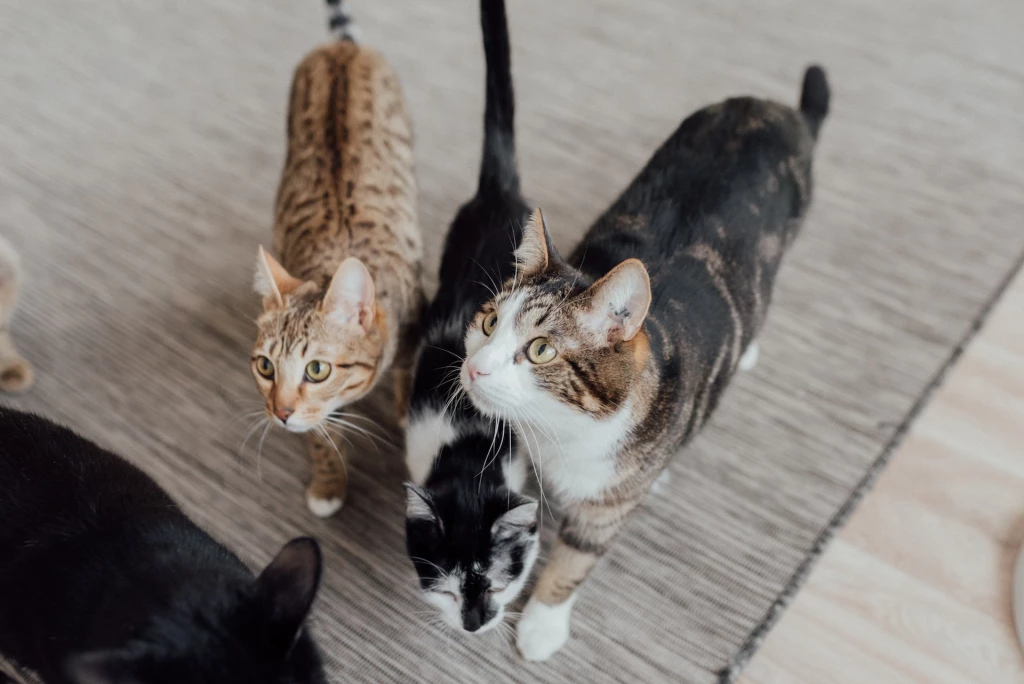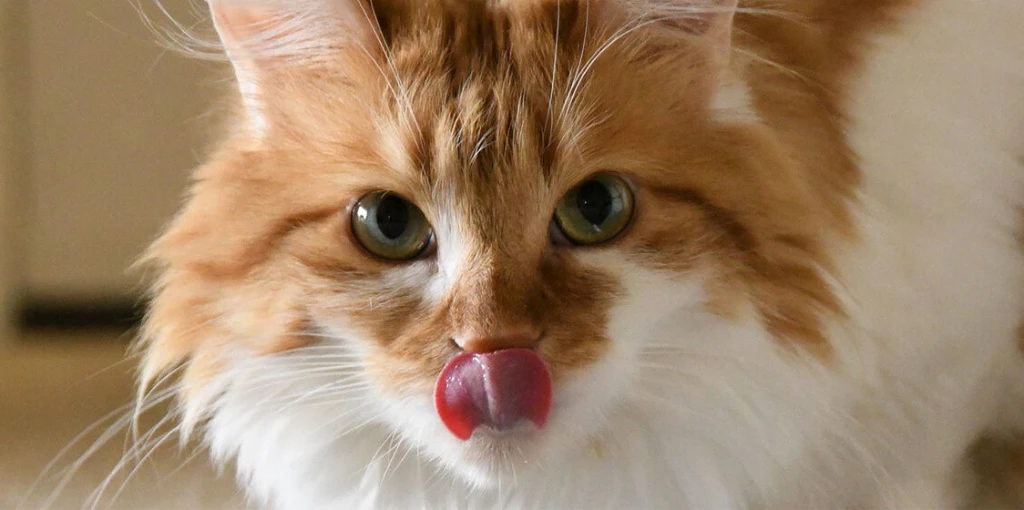What do cats and chickens have in common? They both love dust baths! If you have ever seen your cat rolling in the dirt, you might have wondered what they are doing and why. Is it just a fun way to get dirty, or is there a deeper reason behind it?
In this blog post, you will discover nine surprising reasons why cats roll in the dirt and how to stop them if you don't want your kitty to mess up your floors. Whether your cat is trying to cool off, mark their territory, or mimic their prey, you will learn something new about their behavior and how to make them happy. Read on to find out why cats roll in the dirt and what you can do about it.
Why Cats Roll In Dirt?
Reason 1: Cooling off
One of the reasons why cats roll in the dirt is to lower their body temperature on hot days or after sunbathing. Cats have a higher body temperature than humans, and they are covered in fur, so they can get overheated easily. Rolling in the dirt exposes them to a cooler layer of soil that helps them regulate their heat.
If your cat is rolling in the dirt to cool off, you might notice them lying on their back or side, spreading their limbs, and panting. They might also seek out shady spots or water sources to stay comfortable.
You can help your cat cool off without dirt by providing them with fresh water, a fan, or a shady spot to rest. You can also wet a towel or a cloth and gently wipe your cat's fur to help them evaporate excess heat. Avoid bathing your cat unless it's absolutely necessary, as this can stress them out and remove their natural oils.
Reason 2: Feeling safe
Another reason why cats roll in the dirt is to show trust and relaxation. Cats are vulnerable when they expose their belly, so they only do it when they feel safe and comfortable. Rolling in the dirt can be a way for cats to communicate with you or other cats that they are happy and friendly.
If your cat is rolling in the dirt to feel safe, you might notice them looking at you or another cat with soft eyes, purring, or meowing. They might also invite you to rub their belly or play with them. This is a sign of bonding and affection, so you can respond positively by gently petting them, scratching their chin, or talking to them softly.
You can help your cat feel safe by providing them with a secure and comfortable environment, where they have access to food, water, shelter, toys, and hiding places. You can also avoid stressing them out by introducing any changes gradually and respecting their boundaries.
Reason 3: Catnip content
Some cats can't resist the allure of catnip, a herb that contains a chemical called nepetalactone, which stimulates the cat's brain and causes euphoria. Catnip is like cannabis for cats, and it can make them act in strange ways, such as licking, head shaking, body rubbing, and sniffing. Rolling in the dirt can also be a side effect of the 'high' feeling your kitty gets from catnip.
If your cat is rolling in the dirt after catnip, you might notice them being more vocal, playful, or affectionate. They might also drool, twitch, or run around. These effects usually last for about 10 minutes, and then your cat will return to normal. Catnip is non-addictive and harmless, so there's nothing to worry about.
You can give your cat some catnip toys, sprinkle some on their bed, or grow some in your garden. Catnip can help your cat relax and feel calm, as well as provide some entertainment and enrichment. However, not all cats are affected by catnip. About 50% of cats are genetically predisposed to react to it, while the rest are indifferent.
Reason 4: Digestive system care
Cats roll in the dirt not only to get dirty, but also to get healthy. Dirt contains bacteria that can help cats digest their food and absorb nutrients. When cats roll in the dirt, they pick up some of these bacteria on their fur, which they later ingest during grooming. This might sound gross, but it's actually beneficial for your cat's digestive system.
If your cat is rolling in the dirt for digestion, you might notice them doing it more often after eating or when they have an upset stomach. They might also prefer certain types of dirt, such as organic or moist soil.
You can help your cat with their digestion by providing them with a balanced diet, fresh water, and probiotics. You can also avoid bathing your cat too often, as this can wash away the beneficial bacteria and cause digestive problems. You should only bathe your cat when they are very dirty or have a medical condition that requires it.
Reason 5: Itchy skin relief
Cats roll in the dirt to scratch an itch that they can't reach. This can be caused by dryness, fleas, allergies, or infections. Dirt is gritty and abrasive, so it can help your cat relieve the itch by rubbing against their skin. ³
If your cat is rolling in the dirt to relieve an itch, you might notice them scratching or biting themselves more than usual. They might also have redness, inflammation, or hair loss on their skin.
You should check your cat for signs of itchy skin and consult your vet if needed. You can also use a flea comb, a moisturizer, or an anti-itch spray to help your cat. You should avoid using human products on your cat, as they can be harmful or irritating for them.
Reason 6: Playing and having fun
Cats are playful creatures, and they enjoy rolling in the dirt as a form of play and entertainment. Rolling in the dirt can stimulate their senses, exercise their muscles, and release their energy. Cats also like to explore their environment and interact with different textures, smells, and sounds. Dirt can provide them with a variety of sensations and experiences.
If your cat is rolling in the dirt for fun, you might notice them being more active, curious, or vocal. They might also chase or pounce on insects, leaves, or other objects in the dirt. They might invite you to join them by looking at you or meowing.
You can play with your cat without dirt by using a laser pointer, a feather wand, or a ball to engage them in some fun activities. You can also provide them with some indoor toys, such as tunnels, scratching posts, or cardboard boxes. Playing with your cat can help them stay healthy, happy, and bonded with you.
Reason 7: Marking territory
Cats are territorial animals, and they use their scent glands to mark their territory and communicate with other cats. They have scent glands in their paws, cheeks, and around the tail. By rolling in the dirt, they can transfer their pheromones onto the ground and leave a message for other cats that the area belongs to them.
If your cat is rolling in the dirt to mark their territory, you might notice them rubbing their face or tail on objects or scratching the soil with their claws. They might also spray urine or feces on the dirt or nearby plants. They might do this more often if there are other cats around or if they feel stressed or insecure.
You can reduce territorial behavior in cats by spaying or neutering them, providing enough resources for each cat in your household, or using pheromone diffusers to calm them down. You can also avoid disturbing their scent marks or introducing new cats without proper introduction.
Reason 8: In heat behavior
Female cats roll in the dirt when they are in heat to attract males. Heat is the period when female cats are fertile and ready to mate. It usually lasts for a few days and occurs every few weeks. When a female cat is in heat, she will display various behaviors, such as vocalizing, rubbing, spraying, and rolling. Rolling in the dirt can help her spread her pheromones and signal her availability to potential mates.
If your cat is rolling in the dirt because she is in heat, you might notice her being more restless, affectionate, or demanding. She might also try to escape outside or mate with other cats or objects. She might do this more often at night or when she hears or sees other cats.
You can prevent unwanted pregnancies by spaying your cat or keeping her indoors during heat. Spaying your cat can also reduce the risk of certain diseases and behavioral problems. You can also comfort your cat by giving her extra attention, toys, or treats.
Reason 9: Mimicking prey behavior
Cats roll in the dirt to disguise their scent and blend in with their environment. Cats are natural hunters and they use their sense of smell to locate their prey. Some prey animals also roll in the dirt to mask their scent from predators. Cats may imitate this behavior to increase their chances of catching their prey.
If your cat is rolling in the dirt to mimic their prey, you might notice them being more alert, focused, or stealthy. They might also stalk, chase, or pounce on insects, rodents, or birds in the dirt. They might do this more often if they are bored or hungry.
You can satisfy your cat's hunting instincts by providing them with some interactive toys, such as mice, balls, or feathers. You can also play with your cat using a wand toy or a laser pointer. Playing with your cat can help them exercise their body and mind and prevent obesity and boredom.
Hello, this is Bing. I can help you with writing a blog section about “What you can do about it and how to stop it” for your blog post about “why do cats roll in the dirt”. Here is a possible section:
How To Stop Cats From Rolling In The Dirt
If you don't mind your cat rolling in the dirt, you can let them enjoy their natural behavior and just clean them up afterwards. However, if you want to prevent your cat from getting dirty or causing a mess, there are some things you can do to stop them from rolling in the dirt. Here are some tips:
- Cut back on how often you bathe your cat. Cats groom themselves and don't need frequent baths. Bathing your cat too often can remove the beneficial bacteria from their skin, which they need to digest their food. Let your cat groom themselves and only bathe them when they are very dirty or have a medical condition that requires it.
- Check your cat for fleas, allergies, or infections. If your cat is rolling in the dirt to relieve an itch, they might have a skin problem that needs treatment. Use a flea comb to check for fleas and look for signs of redness, inflammation, or hair loss on their skin. Consult your vet if needed and use a flea treatment, a moisturizer, or an anti-itch spray to help your cat. Avoid using human products on your cat, as they can be harmful or irritating for them.
- Provide your cat with alternative toys and activities. If your cat is rolling in the dirt for fun or boredom, you can redirect them with something more interesting and clean. Use a laser pointer, a feather wand, or a ball to play with your cat and stimulate their senses. Provide them with some indoor toys, such as tunnels, scratching posts, or cardboard boxes. Playing with your cat can help them exercise their body and mind and prevent obesity and boredom.
- Keep your cat indoors on hot days or provide them with a shady spot to rest. If your cat is rolling in the dirt to cool off, you can keep them inside where it's cooler or provide them with a shaded area outside. Provide them with fresh water, a fan, or a wet towel to help them regulate their heat. You can also wet a cloth and gently wipe your cat's fur to help them evaporate excess heat. Avoid bathing your cat unless it's absolutely necessary, as this can stress them out and remove their natural oils.
- Spay or neuter your cat or keep them indoors during heat. If your cat is rolling in the dirt because they are in heat or trying to attract mates, you can prevent unwanted pregnancies by spaying or neutering them. This can also reduce the risk of certain diseases and behavioral problems. You can also keep your cat indoors during heat or when there are other cats around. You can comfort your cat by giving them extra attention, toys, or treats.
- Provide your cat with a secure and comfortable environment. If your cat is rolling in the dirt to mark their territory or feel safe, you can reduce their stress and insecurity by providing them with a safe and cozy home. Provide them with enough resources for each cat in your household, such as food, water, litter boxes, beds, toys, and hiding places. Avoid disturbing their scent marks or introducing new cats without proper introduction. You can also use pheromone diffusers to calm them down and make them feel more relaxed.
Rolling in the dirt is a natural and normal behavior for cats that has many reasons and benefits. However, if you want to keep your cat clean and prevent them from making a mess, you can follow these tips to stop them from rolling in the dirt.
Hello, this is Bing. I can help you with writing a blog section about “Is rolling in the dirt harmful for cats?” for your blog post about “why do cats roll in the dirt”. Here is a possible section:
Is Rolling In Dirt Harmful For Cats?
Rolling in the dirt is a natural and normal behavior for cats that has many reasons and benefits. However, it can also have some drawbacks and risks that you should be aware of. Here are some of the possible harms of rolling in the dirt for cats:
- Dirt can contain parasites, bacteria, fungi, or toxins that can infect your cat's skin or internal organs. This can cause itching, inflammation, infection, or poisoning.
- Dirt can also contain pesticides, fertilizers, or other chemicals that can be harmful for your cat's health. These substances can irritate your cat's skin or eyes, or cause allergic reactions or toxicity.
- Dirt can make your cat's fur dirty and matted, which can affect their grooming and appearance. This can also reduce their insulation and protection from the elements.
- Dirt can also make your cat's litter box dirty and smelly, which can discourage them from using it. This can lead to inappropriate elimination or urinary tract problems.
To prevent these harms, you should do the following:
- Check your cat for signs of parasites, infections, or poisoning after they roll in the dirt. Look for fleas, ticks, worms, redness, swelling, hair loss, vomiting, diarrhea, or lethargy. Consult your vet if needed and treat your cat accordingly.
- Avoid using harmful chemicals on your lawn or garden where your cat rolls in the dirt. Use organic or natural products instead, or keep your cat away from treated areas.
- Brush your cat regularly to remove dirt and debris from their fur. This can also help distribute their natural oils and prevent mats and tangles.
- Clean your cat's litter box frequently to keep it fresh and inviting. Use unscented litter and avoid changing brands or types abruptly. Provide enough litter boxes for each cat in your household and place them in quiet and accessible locations.
Rolling in the dirt is not harmful for cats as long as you take some precautions and care for them properly. It is a natural and normal behavior that has many reasons and benefits for your cat's well being.
Conclusion
Cats roll in the dirt for many reasons, such as cooling off, feeling safe, playing and having fun, marking territory, in heat behavior, mimicking prey behavior, digestive system care, and itchy skin relief. Rolling in the dirt is a natural and normal behavior for cats that has many benefits for their health and happiness.
However, it can also have some drawbacks and risks that you should be aware of and prevent. You can stop your cat from rolling in the dirt by providing them with alternative toys and activities, checking them for parasites or infections, avoiding harmful chemicals on your lawn or garden, brushing them regularly, and cleaning their litter box frequently.
By understanding why your cat rolls in the dirt and how to care for them properly, you can help your cat stay clean and healthy while enjoying their natural behavior.
